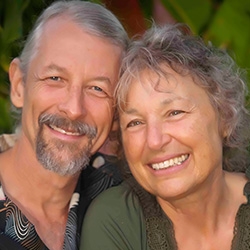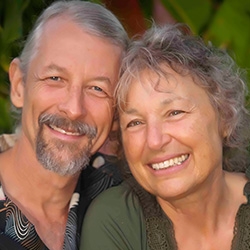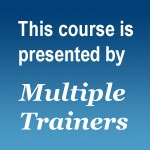

NVC Resources on Exercises and Practices
-
A 1999 discussion with youth on understanding and working with anger.
-
Explore gratitude with Jori & Jim Manske to stay present and flourish in everyday life.
-
Discover deeper self-acceptance, unlocking emotional healing and spiritual presence.
-
Use NVC and mediation tools to transform conflict into authentic connection.
-
Differing worldviews can lead to conflict, discover pathways to greater understanding.
-
Please join us as we remember the work and life of Inbal Kashtan. She offered this parenting Q&A session in NVC Academy's 2013 Parenting Conference.
-
This is an opportunity to explore/transform a limiting belief you have about yourself using what science is discovering about neurobiology. A limiting belief is simply an idea or thought we have about ourselves/life that we or others have affirmed over and over again – these ideas usually get in the way of living life fully.
-
Join CNVC Certified Trainer Dian Killian to find out how to speak up in a way that ensures you're heard, even in challenging situations.
-
Jori and Jim Manske offer a process they call "The Zero Step," encompassing the characteristics of warmth toward self and other, care for the vitality of both yourself and other(s), wonder/interest, vulnerability and empathy, which leads directly to connection requests and an openness to outcome.
-
Dive into the Spiral of Life and reconnect with your divine Life Force, your essential energy.

Quick Links
Subscription Preferences
Stay In Touch!
Looking for ways to keep up with NVC Academy news, get special offers, free resources, or words of inspiration? Here are five ways to stay engaged:










